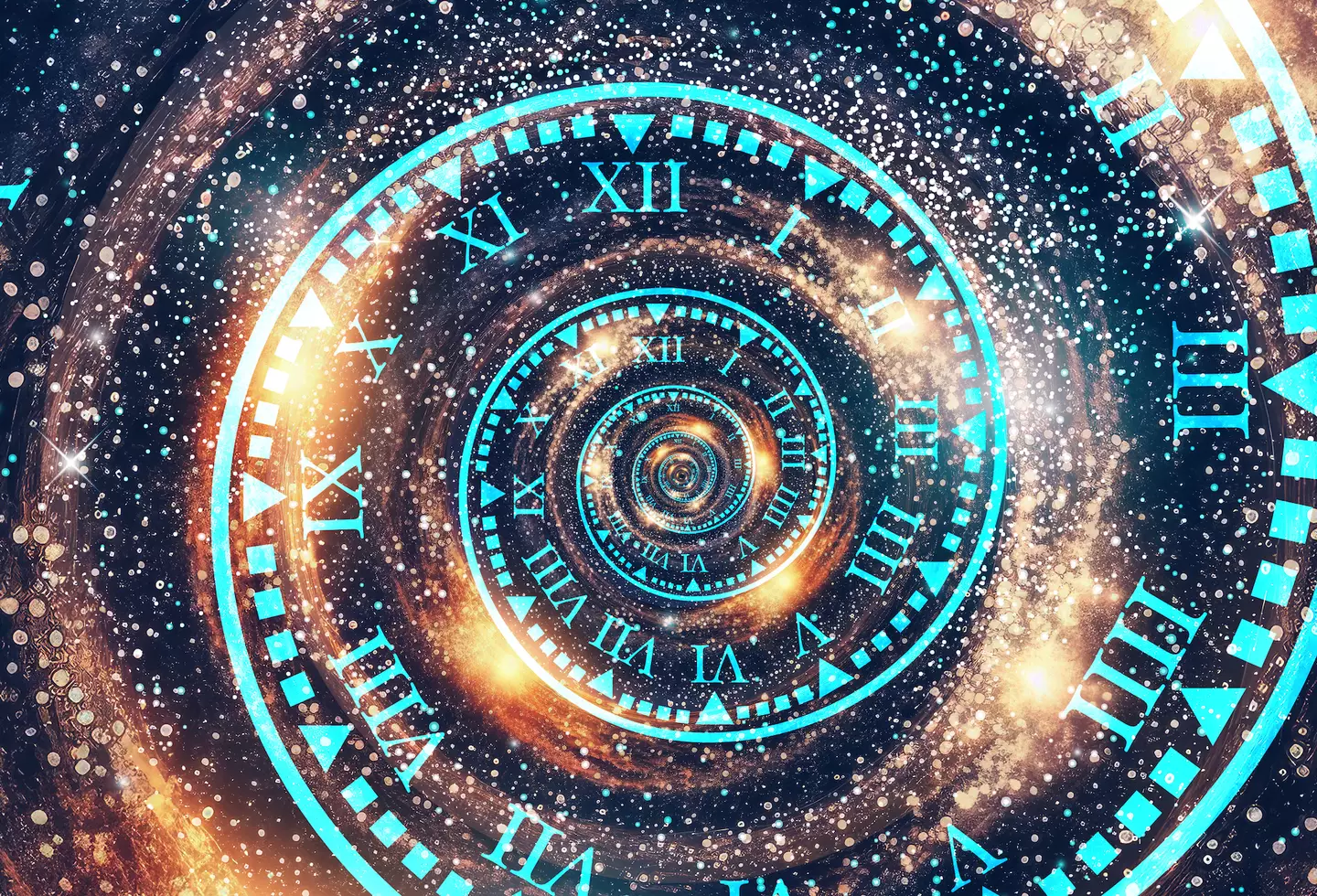A TikToker has opened up about her theory on why we never really die and it’s leaving people freaking out.
You know that feeling after a night out where you return to a mate’s house and sit up into the early hours, ending up talking about random and slightly weird ideas or experiences so much so that you feel like you’re in an alternate reality and question the meaning of life? No? Only me?
Well, one woman didn’t wait until 4am after a particularly rough night to decide to voice her theory on whether we really are going to die.

Prepare to dive into a thought hole (Getty Stock Images/ Bymuratdeniz)
Not many people want to die. While some believe in heaven or an afterlife, others aren’t sure what happens after death, and frankly, it can be terrifying.
However, the idea of living forever and your back and hips become even more suspect, your memory fades further, but of course that doesn’t really appeal to you either.
And the question of life and living forever is something that has led people to think about topics such as quantum immortality.
In ordinary terms, it means that people never die, but it’s actually much more complicated than that.
The theory suggests that human consciousness never dies, but this means that we may have lived through countless multiple apocalypses and extinction events.

The theory doesn’t mean you literally live inside the same body forever, don’t worry (Getty Stock Images/Hill Street Studios)
It’s enough to feed your existential dread for months, so – with that in mind – let’s learn a little more about it, shall we?
The theory has been explained by many people, but we will focus on TikTok user @joli.artist, as she discussed the idea of quantum immortality, as well as American physicist Hugh Everett’s ‘many worlds’ theory.
He suggested that there are countless other worlds and other realities, and when we die we simply pass on to another one of them.
In her TikTok video, Joli suggested that there is a possibility that we ‘never die’ and could have experienced the end of the world many times before.
“Whenever you die in one universe, your consciousness is simply transferred to another universe where you survive,” she said.
In short, that’s the idea here.

The theory is that your consciousness is transferred to another universe where you live (Getty Stock Images/ Gremlin)
Of course, it’s a lot more complicated than that, involving a lot of math and science, but we’re working on a word count here, and frankly it’s pretty hard and boring actually.
Joli explained how – if there is anything to this theory – we wouldn’t remember the previous world we moved into, but we might have some basic memories – much like the Mandela Effect.
“So after the inevitable apocalypse happens, you’ll wake up the next day to a new reality and the next thing you know, you’ll find yourself on Reddit talking about ‘since when did Pizza Hut have two Ts?’ she explained.
“Arguing with people who are native to this new reality, talking about ‘were there always two Ts?'”
Joli added: “You don’t believe me? Okay, it’s been about 65 million years since asteroids supposedly spawned the dinosaurs.
“So you’re telling me that in the last 65 million years, no other asteroid has passed through the neighborhood and taken us out?

The TikToker explained how we could have already lived through the apocalypse. (TikTok/@joli.artist)
“What I’m saying is that Earth is probably always being pulled out and our consciousness keeps being transferred to another parallel universe – and then another and another.
“For all you know, the apocalypse probably already happened last night…”
However, the very idea of this has some people’s heads spinning.
“BYE NOT TODAY,” said one comment.
“Ok, I’m actually kind of mad at the moment because I’m not the conspiracy type, but you’re like, freakin’ sane,” said another.
“The thought of never being able to die is extremely depressing and giving me a headache,” added a third.
Yes, you can just rock me to sleep tonight.
Featured image credit: TikTok/@joli.artist
Topics: Health, Mental Health, Social Media, TikTok, World News, Science